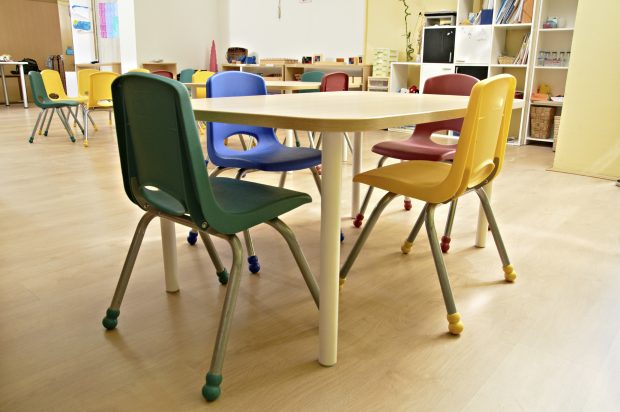
Today’s news review looks at the Teaching Excellence Framework and body worn cameras.
Teaching Excellence Framework
Today, Wednesday 8 February, it was reported in the Times that the Teaching Excellence Framework (TEF) and plans to allow some universities to raise their fees in line with inflation have been ‘complicated’ by a potential boycott of the National Student Survey.
The paper reported that 25 student unions have urged students not to fill in the National Student Survey, which is one of the measures being used to assess universities under the framework.
We have always been clear of the benefits that the survey has on assessing universities, but also that no university will be disadvantaged in the event of low participation in the survey.
A Department for Education spokesperson said:
The new Teaching Excellence Framework will drive up the standards of teaching by assessing universities on key metrics. The National Student Survey is a robust measure of student feedback that has been widely used in the sector for over ten years. It is right that it should form part of our assessment of teaching, alongside other critical measures such as drop-out rates and graduate employment.
We have made absolutely clear that no university will be disadvantaged in the event of low participation in the survey. TEF assessments will continue to be based upon a wide range of factors, including drop-out rates and progression to highly skilled employment as well as additional evidence submitted by the provider.
Worn body cameras
Media reported today that teachers in two unnamed schools are using body worn cameras in an effort to improve discipline.
This was covered by BBC Breakfast, the Times, Daily Mail, Telegraph, and Guardian.
This is strictly a matter for individual schools. We know that schools know best how to manage behaviour and spend budgets, which is why we allow them to make decisions around discipline, security and spending themselves. However, schools should ensure they follow the Protections of Freedoms Act 2012, which covers the use of cameras in public places. The Information Commissioners Office has also published a code of practice to help organisations stay within the law.
Follow us on Twitter and don't forget to sign up for email alerts.